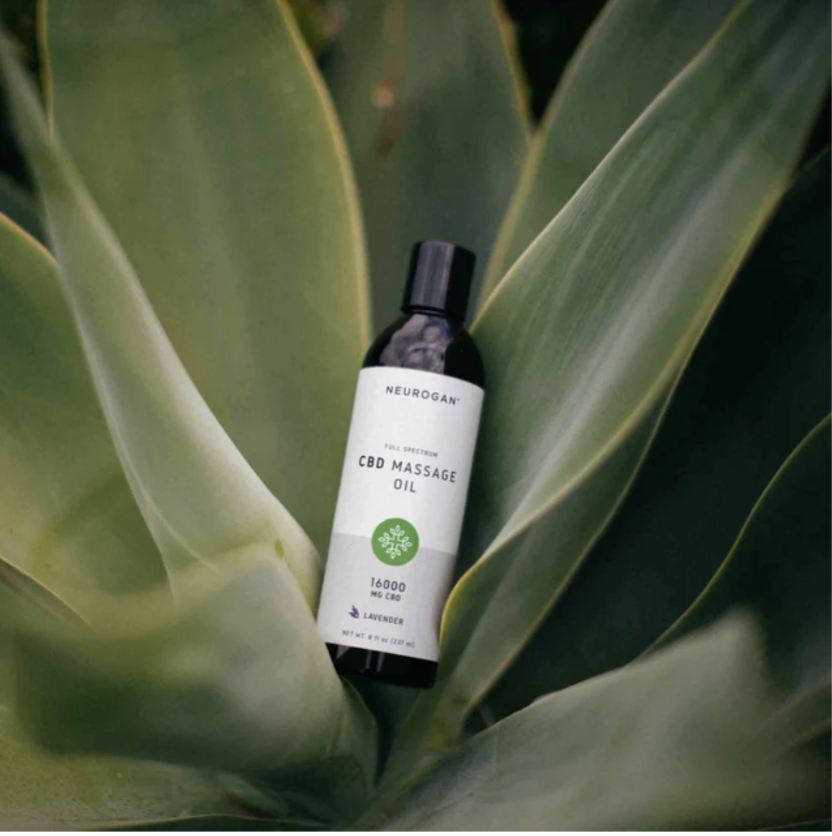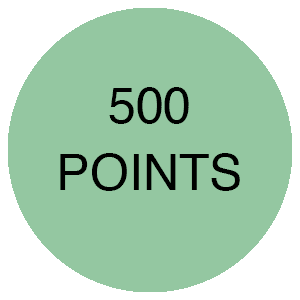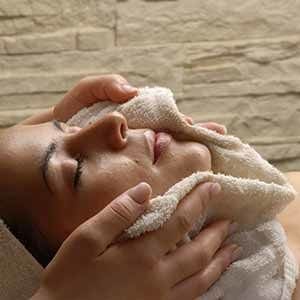Are you thinking about getting a professional massage but have never experienced one before? Are you struggling with pain, soreness, or limited mobility?
The bottom line: Massage therapy is all about taking a personalized approach to meet your needs and enhance your overall comfort, health, and wellness ‒ and you’re bound to have questions.
So, sit back, relax, and leave your worries at the door ‒ because Hand In Health is here to answer the four most common questions about massage therapy! If you’re looking for a licensed massage therapist in the Central New York region, we invite you to contact our Downtown Syracuse or North Syracuse location to book an appointment.
1. Do Massages Hurt?
Massages can be intense ‒ but should never be painful. Because massages vary in pressure and intensity, it’s not uncommon for certain strokes or movements to cause minor pain or discomfort in problematic areas. But should you ever feel uncomfortable or in pain during a massage session, don’t be afraid to speak up and let your therapist know.
Communicating with your therapist before and during a massage session can help them adjust the pressure and intensity of the session based on your needs and problem areas. If you’re experiencing stiffness, dull, or sharp pain on the day of your massage, for example, it’s important to let your therapist know. With that said, if you feel that the pressure and intensity aren’t deep enough, you should also let your therapist know.
Your body may not be accustomed to massage therapy right away, so it’s common to feel sore after your first or second massage. Soreness may occur if an area carries a lot of tension or if a firm or deep pressure was used to break up muscle adhesions. Any discomfort should only last a day or two; if it lasts longer be sure to let your therapist know for your next massage so pressure can be adjusted accordingly. Staying hydrated, stretching, rest, and heat therapy can help relieve muscle soreness after a massage.
2. Will I Be Naked?
Contrary to popular belief, being completely naked is not required for massage therapy. You can receive a massage fully clothed; however, wearing clothes during a massage will limit your massage therapist’s ability to treat the underlying muscle effectively.
It’s recommended to undress for a full body massage. Massage therapists are required to properly cover an individual with a sheet, drape, or towel if they’ve removed their underwear. Patients typically can keep their underwear on, but in some situations, it may be best to remove bulky underwear to better target problem areas like the lower back, hips, or groin.
Your therapist will explain how much clothing you should remove to achieve the best results of your massage. They’ll give you a towel, drape, or sheet to cover yourself and give you privacy while you get ready ‒ whether or not you remove your underwear.
Ultimately, our massage therapists recommend you undress to the level you feel most comfortable with.
3. Will I Fall Asleep During My Massage?
It is very common ‒ and acceptable ‒ for people to fall asleep during massage therapy. Massage therapists are quite used to having their clients fall asleep during sessions, so don’t feel embarrassed or rude if you doze off.
Why do people fall asleep during massages? There are a few different factors that can affect one’s relaxation and sleepiness during a massage ‒ but the underlying reason is mainly physiological. People fall asleep during massages because it activates the parasympathetic nervous system, which is in control of the body’s rest response.
Simply put: A massage signals to your parasympathetic nervous system that it’s time to relax. The release of muscle tension also secretes serotonin and other “feel-good” endorphins which can contribute to sleepiness.
4. Which Massage is Right for Me?
There are all different types of massage, and knowing which massage is right for you boils down to your physical needs and mental state.
It’s best to communicate with your massage therapist on the day of your session so they can personalize your massage. Here’s a quick breakdown of the different types of massages and what they can help with:
- Therapeutic Massage: Stress, anxiety, acute pain, muscle tension.
- Deep Tissue Massage: Muscle soreness, muscle injuries, chronic muscle pain.
- Medical Massage: Musculoskeletal/neuroskeletal conditions, chronic pain.
- Sports Massage: Preventing & treating sports or training-related injuries.
- Aromatherapy Massage: Depression, stress, anxiety.
- Reflexology: Low energy levels, digestion problems, neck or lower back pain.
Keep in mind that your massage therapist can incorporate multiple massage techniques and styles to better accommodate your needs on any given day. There may be some sessions where your therapist focuses on one style of massage, and then other days where you experience a combination of techniques.
Have Additional Questions About Massage Therapy?
Don’t let unanswered questions or uncertainties keep you from experiencing the health and wellness benefits of massage therapy. At Hand In Health, we look forward to answering all of your questions and paving the way for a rewarding massage experience.
If you have additional questions about massage therapy or would like to book an appointment, contact our North Syracuse or Downtown Syracuse location today!


